You’ve probably seen all the pictures. Sunny beaches, trams rolling down cobblestone streets, and endless glasses of cheap, amazing wine.
It’s easy to fall in love with the idea of Portugal. But what happens when the vacation ends and everyday life starts?
The postcard version is only part of the story. Living in Portugal is more complicated, sometimes more challenging than you might expect.
I’m here to give you the honest truth; the stuff you only discover once you’ve actually settled in.
This is the real guide to living in Portugal.
Contents
- 1 1. Yes, the Weather Is Great, But Your House Is Freezing
- 2 2. Renting a Home: The Fiador, the NIF, and the Upfront Cash
- 3 3. English Will Only Get You So Far
- 4 4. Time Is Flexible, Bureaucracy Is Not
- 5 5. The Real Cost of Living in Portugal Is Rising Fast
- 6 6. Consumer Choice Is Limited (And That’s Not Always Bad)
- 7 7. Healthcare Is Excellent, But Bring Your Patience
- 8 8. The Food Is Good… If You Love Salt, Bread, and Bacalhau
- 9 9. Driving Is an Adventure (And Not in a Fun Way)
- 10 10. Community Is Strong, But It Takes Years to Really Blend in
- 11 11. The Noise: City Life Comes With a Soundtrack
- 12 Embracing the Beautifully Flawed Reality
1. Yes, the Weather Is Great, But Your House Is Freezing
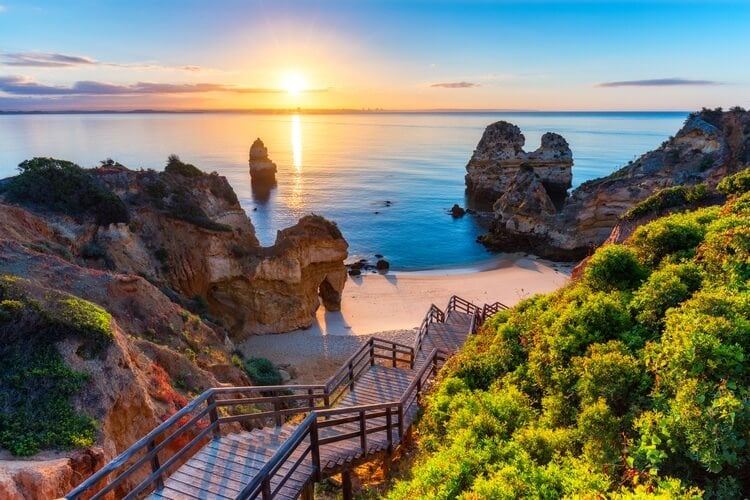
Portugal’s weather is definitely a big draw. The Algarve has mild, dry winters that are perfect for outdoor fun, and Lisbon stays pretty pleasant most of the year. But here’s something you might not know: your apartment in Portugal could feel colder inside than it ever did back home.
A lot of homes here, especially the older ones, don’t have central heating or good insulation. Portugal has a generally mild climate, so these homes were built to keep the heat in when it’s hot, but not to handle the winter chill.
This means that cold air can sneak through the walls and window frames, creating what’s called “thermal bridges.”
So, you end up dealing with condensation, humidity, and sometimes even mold. Even normal things like showering or cooking can release a ton of moisture into the air, which then settles on cold surfaces.
Your best friends here will be a dehumidifier and plenty of cozy blankets!
2. Renting a Home: The Fiador, the NIF, and the Upfront Cash
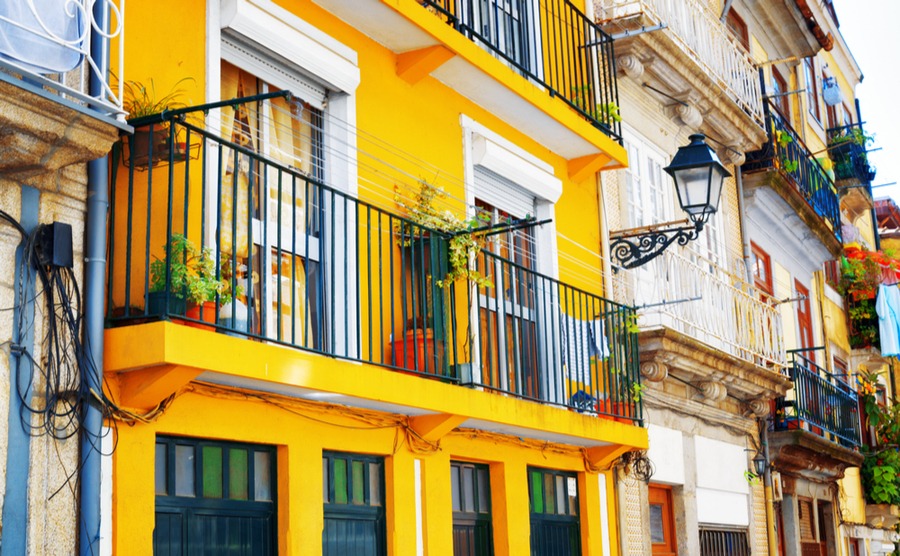
Looking for a rental online seems simple enough. Websites like Idealista and Imovirtual have tons of listings. But actually securing a place is a whole different story. It’s a bureaucratic process that shows you the more frustrating side of expat life in Portugal.
First off, you’ll need a Número de Identificação Fiscal (NIF), or Portuguese tax number. Without it, you can’t sign a lease, open a bank account, or even do most official things in Portugal.
Then there’s the fiador. This is a guarantor, a Portuguese resident who has to co-sign your lease and promise to pay your rent if you don’t. For someone new to the country with no local connections, finding a fiador is almost impossible.
If you can’t get a fiador, landlords might ask for 6 to 12 months of rent upfront. And that’s on top of a security deposit, which is usually 2 to 3 months’ rent. In a tight housing market with a nationwide supply shortage, landlords aren’t in a hurry to make exceptions.
3. English Will Only Get You So Far
Portugal is pretty high up when it comes to English proficiency, ranking 8th globally among non-native speaking countries. In tourist areas and big cities like Lisbon, Porto, and Coimbra, you can easily get by with just English for most everyday things.
But there’s a big difference between just getting by and truly living here. When it comes to dealing with official stuff, like registering at the health center, sorting things out with Finanças (the tax office), or navigating the immigration system, you’ll need Portuguese.
Plus, learning the language shows respect. It’s the best way to build real connections with locals and get out of the expat bubble. Even learning simple phrases like Bom dia (Good morning) and Obrigado (Thank you) can really change how you interact with people here.
4. Time Is Flexible, Bureaucracy Is Not
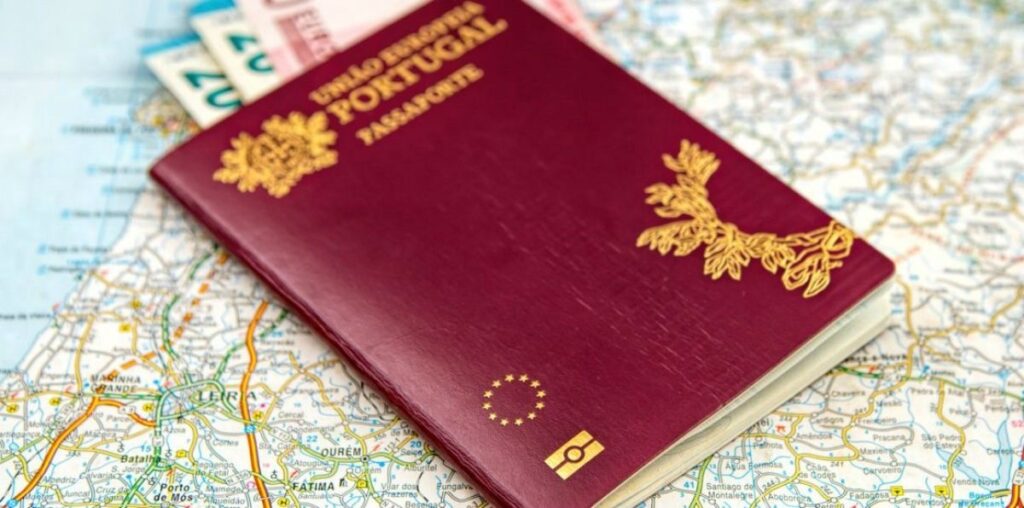
In Portugal, time is pretty laid-back. Showing up 15 minutes late to a dinner with friends is totally normal, maybe even expected. But that flexibility disappears the second you walk into a government office.
Portuguese bureaucracy is known for being slow and pretty rigid. Things got even trickier after SEF (the immigration agency) was replaced by AIMA in late 2023.
The new agency took on a massive backlog of over 400,000 pending residency applications, which has caused huge delays and a lot of uncertainty for expats.
What should take 90 days for residency renewals is now stretching into years. On top of that, some data has been lost during the transition. The government even had to extend the validity of expired residency documents until June 2025 just to deal with the mess, which really shows how much pressure the system is under.
5. The Real Cost of Living in Portugal Is Rising Fast
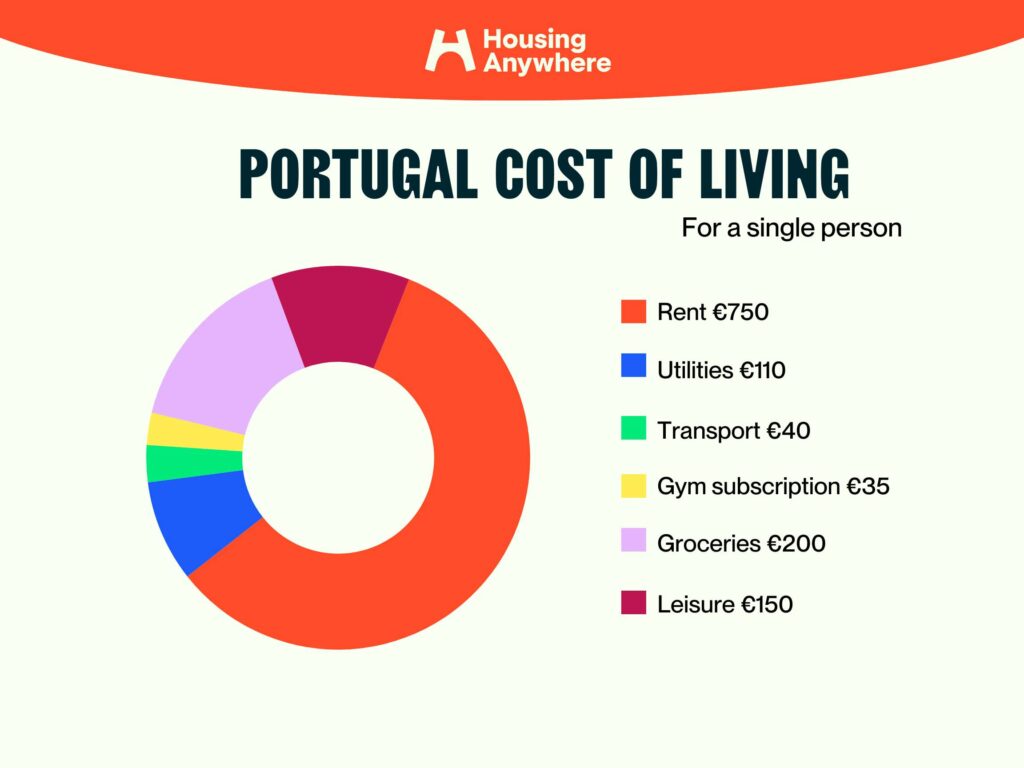
Portugal’s image as a super cheap place to live is starting to fade. It’s still more affordable than the U.S. or much of Northern Europe, but prices, especially in the cities, are going up fast.
A 2025 study showed just how tight things have gotten in Lisbon: the average monthly salary is €1,223, but basic living costs are now around €1,364. Many people earning local wages are struggling to make ends meet.
Inflation, sitting at 2.4% as of September 2025, is pushing up the cost of groceries, utilities, and other everyday expenses.
While a couple can still live fairly comfortably outside the big cities on $2,500 to $3,000 a month, life in Lisbon or Porto now requires a much tighter budget. The dream of living in Portugal on the cheap is quickly becoming a thing of the past.
Expense Category
Lisbon (€)
Porto (€)
Braga (€)
1-BR Apt. Rent (Center)
1,420
1,055
770
Basic Utilities (85m²)
~130
~125
121
Monthly Transport Pass
40
40
20
Est. Monthly Cost (Single, Excl. Rent)
~740
~700
654
Data compiled from multiple sources: GlobalCitizenSolutions, Expatis, Profee
6. Consumer Choice Is Limited (And That’s Not Always Bad)
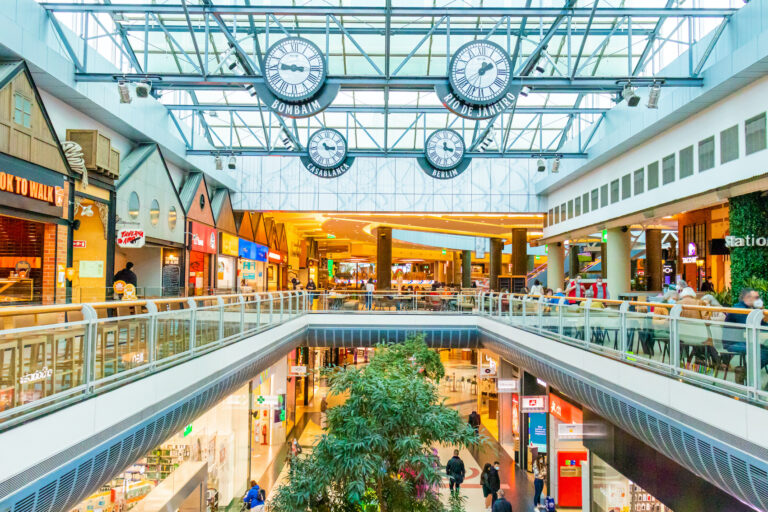
If you’re coming from the US or UK, you’ll probably notice a difference in shopping right away. There aren’t as many big-box stores, and the selection on store shelves can feel pretty limited.
When it comes to electronics or certain household items, many people in Portugal rely on Amazon Spain (Amazon.es), which usually delivers within a few days. For tech stuff, local chains like Worten and Fnac are your best bet, and for groceries, you’ll mostly shop at places like Continente or Pingo Doce.
At first, it might feel a bit restrictive. But over time, it tends to change how you shop. You start buying more locally, discover some great Portuguese products, and step away from the convenience of one-click shopping.
7. Healthcare Is Excellent, But Bring Your Patience
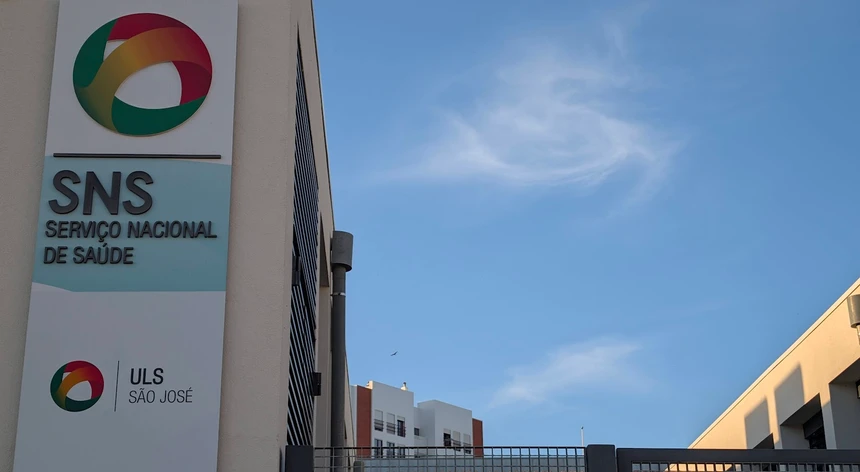
Portugal’s public healthcare system, the SNS (Serviço Nacional de Saúde), provides solid care for all legal residents. It’s tax-funded, mostly free to use, especially for kids and seniors, and covers a wide range of services.
But there’s a downside: long wait times. The system is stretched thin, with not enough staff to keep up. Emergency rooms can be overcrowded, and seeing a specialist for a non-urgent issue might take months, or even longer.
Because of this, many locals and expats choose to get private health insurance. It’s more affordable than you might think, with basic plans starting around €40 to €150 a month. That gives you quicker access to private clinics, English-speaking doctors, and a lot more peace of mind, something worth factoring into your plans if you’re thinking about living in Portugal.
Also Read: 15 Affordable Countries That Welcome Americans Instantly With Residency Under $25K
8. The Food Is Good… If You Love Salt, Bread, and Bacalhau
Portuguese cuisine is simple, hearty, and full of flavor, with lots of fish, pork, potatoes, and bread, usually cooked with garlic and olive oil.
Portugal actually eats more fish per person than anywhere else in Europe, and bacalhau is the star of the show.
They say there’s a different way to cook it for every day of the year. Most meals are filling, often starting with soup and always served with bread on the side.
The focus on a few key ingredients comes from Portugal’s history as a seafaring nation that relied on preserved foods. For newcomers, this can make the food scene feel a bit repetitive compared to more globally diverse cities.
You’ll eat really well, but you’ll notice a lot of the same dishes showing up again and again.
9. Driving Is an Adventure (And Not in a Fun Way)
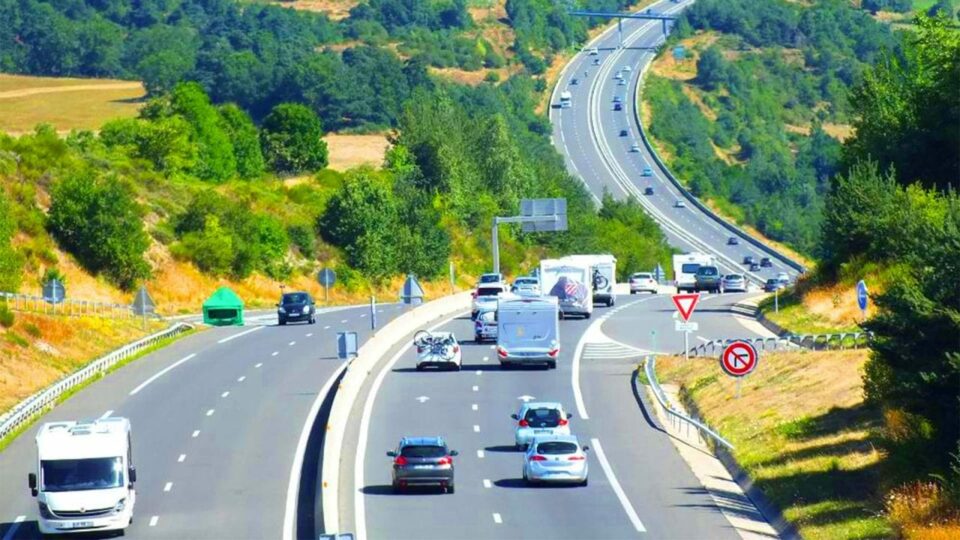
Driving in Portugal follows the usual European rules: keep to the right and yield to traffic already in the roundabout. That part’s pretty straightforward. But the unofficial rules are where things get interesting.
Driving here takes a bit of nerve. You’ll see plenty of tailgating, random (or missing) turn signals, and not much respect for safe following distances. For newcomers, it can feel a bit hectic and unpredictable.
You’ll need to stay sharp and ready for anything, like a car suddenly stopping in the middle of a rural road or someone switching lanes without any warning.
To drive safely, you’ll have to move beyond just being cautious and start reading the road like a local: confidently and a few steps ahead.
10. Community Is Strong, But It Takes Years to Really Blend in
Portuguese people are super warm, polite, and welcoming. But there’s a difference between being friendly and being a close friend. Building real connections with locals takes time, trust, and regular hangouts.
Friendships here don’t usually happen at big parties. Instead, they grow through small, everyday moments: grabbing a coffee at the same pastelaria, saying hi to a neighbor, or joining a local walking group.
It might take years before you’re invited into someone’s home or inner circle, which can feel a bit lonely at first if you’re used to making friends quickly.
The secret is patience. Just show up, be consistent, learn the local customs (like the two kisses on the cheek when greeting!), and let friendships grow naturally. That’s how you get the most out of living in Portugal.
11. The Noise: City Life Comes With a Soundtrack
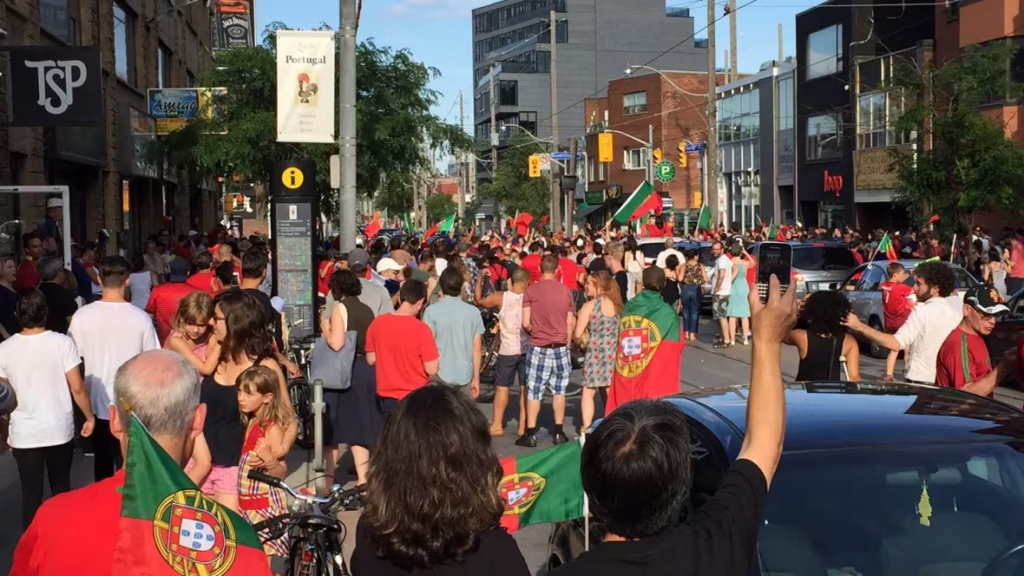
One of the things that might catch you off guard in Lisbon is the noise. It’s not just the buzz from outdoor cafés; it’s part of the city’s everyday soundtrack.
Lisbon’s airport is surprisingly close to the city center, so a lot of popular neighborhoods are right under the flight path.
Depending on where you live, you’ll get used to hearing planes flying overhead pretty often.
Also, if you’re in an older building on a lower floor, you might feel the Metro train rumbling beneath you every few minutes.
It’s a small thing that people often don’t mention, but it’s definitely something to think about when picking an apartment.
Embracing the Beautifully Flawed Reality
Living in Portugal can be one of the best choices you ever make.
It’s a country full of heart, stunning views, and a quality of life that’s hard to beat. But it’s not all sunshine and rainbows; it’s a real place with real challenges.
Knowing the honest truth isn’t to put you off, but to get you ready.
When you swap the dreamy fantasy for the real deal, you’ll be better equipped to handle the frustrations and enjoy all the amazing parts.
Living successfully as an expat in Portugal means appreciating the country for what it really is—beautiful, wonderful, and perfectly imperfect.